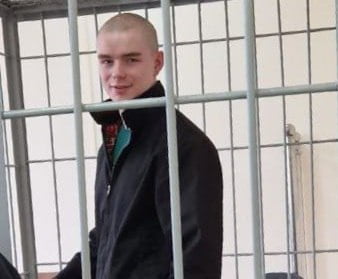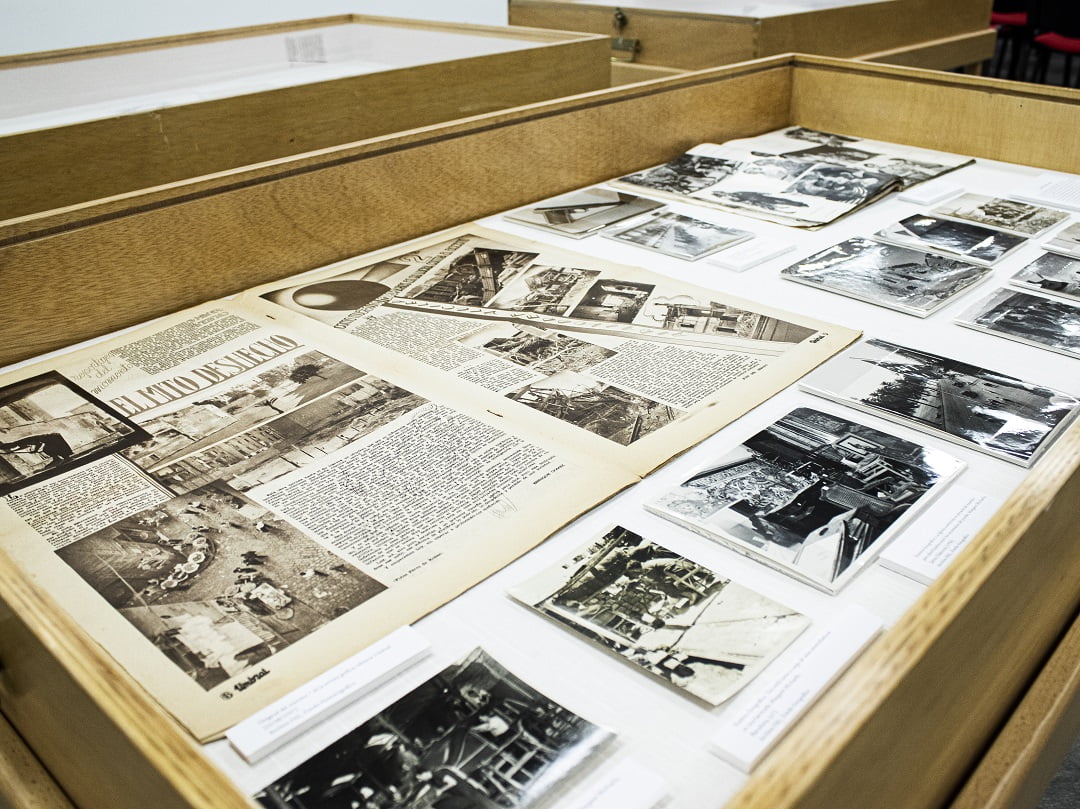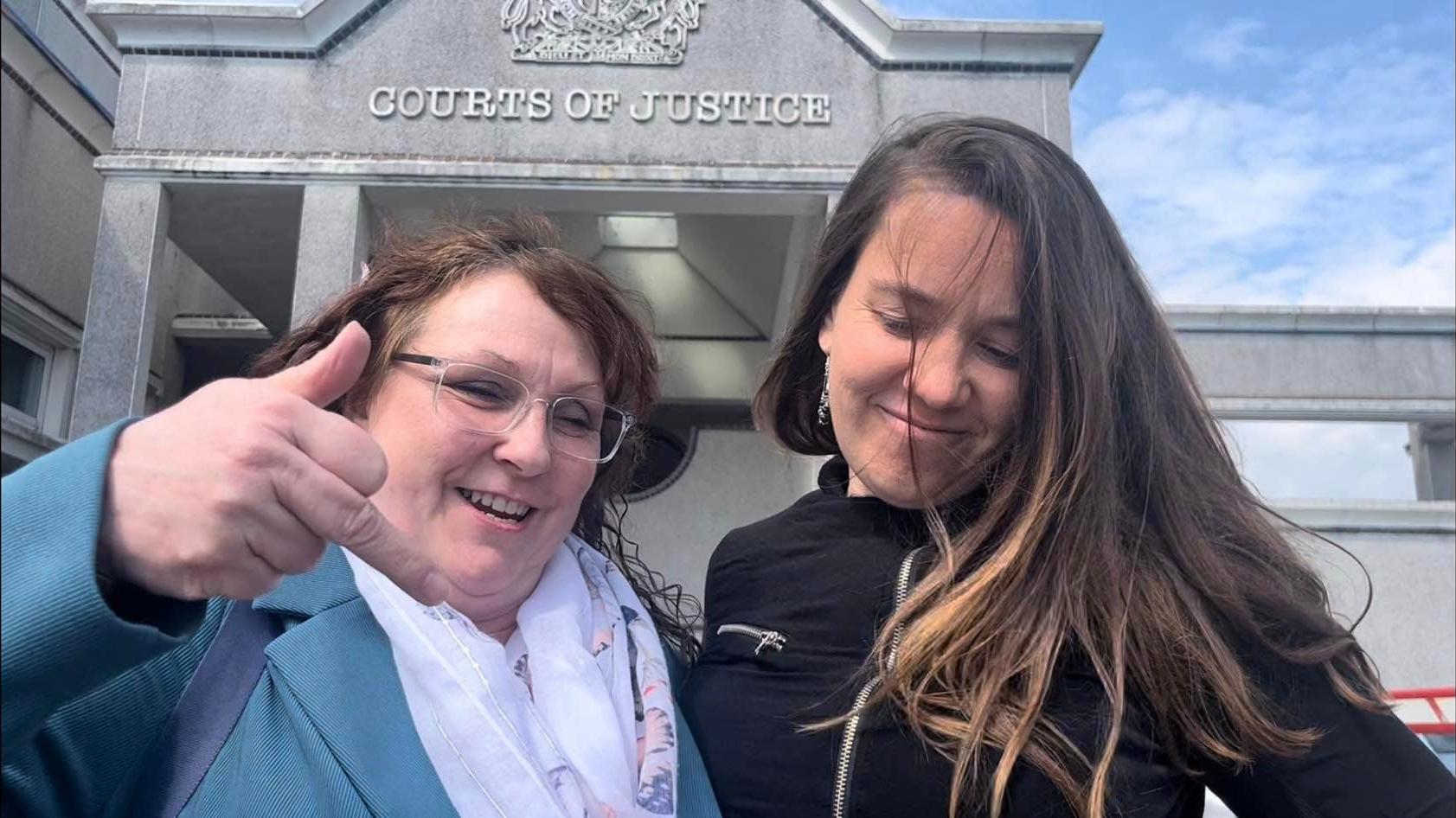What acts of resistance are justified in the face of an overwhelming injustice? The resistance of the rebel or revolutionary is weighed against the costs imposed by the oppressor: destroyed lives, damaged livelihoods, and affronts to human dignity. The scale and scope of the oppression, in each instance, calls forth a reciprocal and necessary response. The military and popular resistance campaigns against Nazi Germany were, in spite of the violence they committed, justified. The attempted destruction of entire categories of people called forth an appropriate response, a lesser evil, which was necessary to stop a greater atrocity. But even the cost of a genocide is measured in millions of lives. What can we say of resistance in the face of an existential threat to all of humankind?
This is no hypothetical question. Climate change and the systematic ecological destruction of our planet, if continued, will pose an existential threat to continued human life on this planet. The issue that faces our generation is how we should resist such a monumental threat to our future. What forms of struggle can we endorse, and what tactics can we use? What is likely to be effective? How can we remain true to the precepts of justice as we seek to salvage the world as a home for future generations?
The problem is that justice is no easy thing to achieve. Justice restores what has been damaged or sundered by an unjust act – the essence of justice is making someone whole again. To rebuild a home that has been burned is justice; to feed those who are hungry is justice; to make right what is wrong is justice; but killing is not justice. Killing cannot restore the life of someone who has been killed, nor can it provide a chance for redemption and reconciliation. The act of killing destroys all possibility for the one who is killed, however depraved, to become whole again; it deprives the victims of the killed person of the chance to heal the social bonds that have been broken by the crime. For these reasons and many others killing is held, by almost every ethical system, to be the paradigmatic example of an unjust act. And it is for these reasons that there is no such thing as a “just war” or a “just killing,” no matter the exculpatory circumstances.
But this does not mean that an unjust act cannot be justified. A justified act is one for which there are legitimate reasons. It is an act that is necessary, whether it may be called ‘just’ or not. Every just act is legitimate, every just act is necessary, and thus every just act is justified. But it is possible for an act to be justified even if it deprives the world of an irreplaceable whole: an individual human being. And this is the case when an unjust act is necessary to prevent a greater overriding evil.
Is the threat posed by climate change and ecological devastation such an evil? Overwhelming scientific evidence states that human beings are driving rapid climate change by producing carbon emissions. If present trends continue, and they are continuing, our planet is on course for anywhere between 3.5 and 5 degrees Celsius of warming by the end of the century. This is a genuinely catastrophic trend, not accounted for in the already-devastating portraits of a future world beset by 2 degrees of warming. Along with ocean acidification and the growing exploitation of our remaining wild ecosystems, this warming will raise sea levels, increase the frequency of disasters, provoke mass extinctions, and make it incredibly difficult to produce what we need to sustain human life on Earth.
If we accept, as an ethical minimum, that the killing of human beings is an evil, then climate change presents the greatest and most overriding evil we have yet witnessed. Many people will be killed if our present course continues, perhaps more than those killed by any previous human atrocity. If it is in any way possible to resist this future and prevent some of those deaths, then that resistance is an absolute necessity. And this means that resisting the man-made systems that are responsible for climate change is both necessary and justified.
One may counter that the deaths caused by climate change are not the same as a deliberate killing. This is true only in an extremely limited sense. There is no one individual responsible for climate change, there is no single executioner of the deed. But those who rule over our society and its productive forces are those who are almost entirely responsible for deciding, with little popular input, what emissions will be produced and which ecosystems will be destroyed. The ordinary worker does not give the order to bulldoze a forest or construct a new power plant. The responsibility for climate change is thus not equally distributed. It lies primarily with the ruling class, and only secondly with the rest of us for failing until this point to put a stop to it.
One might argue that no one responsible for climate change wills or intends for anyone to die as a result of their actions. But this logic is not valid even for lesser cases. Exporting food during a famine has its own internal logic – there are profits to be made elsewhere – and not everyone who does so intends for their victims to starve to death. But the responsibility remains the same: food has been knowingly taken from where it could save lives. This is the same thing as killing, albeit with different weapons. Climate change poses an even greater known threat. We know that certain human actions are causing it, and that many people will be killed if those actions continue. To continue taking such actions, in full knowledge of their likely consequences, is the ethical equivalent of murder.
But a single death is not the issue in question. The potential destruction of humanity and so many of Earth’s other precious species lies in the balance. How can means and ends be weighed in the face of so great an evil? What could possibly outweigh the survival of the human species in our consideration? Such a line of thought immediately leads to terrifying and destructive conclusions. The question posed earlier is reversed: What forms of resistance, if any, are not justified in the face of such an overwhelming evil?
There are only two coherent responses to this question. The first is that of the absolute pacifist. The pacifist believes wholeheartedly in the sanctity of life and abhors all violence. Because of their spiritual convictions, the pacifist cannot accept taking any action that would add injustice to the world. They will resist, but will not fight; they will protest, but will not kill. The pacifist understands that the world is dominated by the unjust and expects to suffer for their convictions. But they would rather die in the course of their resistance than harm another individual, even if that harm were instrumentally necessary to prevent a greater evil. The true pacifist does not accept things as they are, and does not accept the violence of order, the police, and the state. But the pacifist believes that only the example of their suffering and conviction can turn the spirits of their brethren toward the path of justice and create a movement against evil in the world.
The second response is that of the revolutionary. The revolutionary also believes wholeheartedly in the sanctity of life and abhors violence. But the revolutionary understands that the world is dominated by an unjust class who will use any kind of violence necessary to cling to their power. The revolutionary cannot bear to see their brethren shot down and abused, and for this reason prepares to do what is necessary for their defense. The revolutionary’s credo – by any means necessary – does not license wanton violence and aggression in the name of a just cause. It means that the revolutionary must use the least damaging possible means to if they hope to take justified action. So, the revolutionary will resist, protest, fight, and may even kill, but only when absolutely necessary. And because the future cannot be guaranteed, and the ultimate results of any act cannot be known, the revolutionary must always walk the ethical line between doing too much and too little, between straying into quietism or straying into injustice.
I am not a pacifist. I am a revolutionary. And so, I speak to those who choose the second path, though I respect the fortitude of those who truly follow the first. The path of the revolutionary requires weighing our actions against the evils we seek to prevent. The threat posed by run-away climate change is so great an evil that it must be stopped by any capable means. It is impossible to apply the traditional balance of means and ends when the end in question is of such an absolute nature. There is one overriding ethical injunction: to succeed in preventing the possible end of human life on earth.
But sanctioning any possible ill in the name of preventing a greater evil leads to a profound conservatism, the exact opposite of the genuine revolutionary’s creed: the relentless defense of all that already exists. The task of the revolutionary is to create the best possible world, and to use the means that are most likely to bring about that world. Here, as stated, there are no guarantees. We know that the capitalist system cannot abide the limitations to its growth and exploitation of nature that would be required to address climate change. We cannot be sure, however, which future actions will succeed in creating a better world and which will backfire. Only history can instruct us in this regard.
We would be ill-served if we allowed the question of tactics to overshadow the question of strategy. There are some tactics, like torture, that cannot possibly help us meet our ends of a more just world. But most tactics can only be adopted or discarded within the context of a wider plan of action. The illegalist anarchists of the late 19th century hoped that their example of insurrection, their bombings, their assassinations of princes and ministers, would stir the people to action. These actions failed to inspire the people, leading the anarchists to discard them for syndicalism. The partisans of the Earth Liberation Front in the 1990s and 2000s fought nobly, following a standard that ensured no one was ever killed by their actions. Veterans of the movement explained that they too failed to create the wider movement they desired. But the Quit India Movement of 1942 – based on sabotage, bombings, attacks on police stations – did serve as a prelude to the end of British rule in India. And in the United States, the Birmingham Riots of 1963 forced an uncommitted administration to introduce the Civil Rights Act. That worn-out old question – “violence or non-violence?” – cannot guide us here. What proved decisive in each instance was the participation of the masses in struggle, both violent and non-violent, to change the contemporary regime.
The Indian anti-colonial struggle, like the others of the 20th century, founds its revolutionary subject in the clear division between the colonial regime and the oppressed native population. 21st century struggles from Egypt to France have been defined by the opposition between an oppressive national government and its discontented subjects. But the uniqueness of climate change, in opposition to all previous threats, is the common danger it poses to us all. Even a thoroughgoing revolution in one country could not hope to effect the changes we require. And so, we must achieve what no movement yet has, overcoming the divisions between developed and developing nations, city and countryside, and fractured segments of the international working class. Doing this will require doing justice to the historical fact that some nations have grown rich by burning more than their fair share of carbon while others were being exploited and held down by colonial violence. We must thus forge a unified, global revolutionary subject in spite of the massive divisions that the injustices of past and present brought into our world. I do not have an easy answer as to how this can be done. By we can begin by addressing each other as oppressed human beings, confronted by a common challenge and common enemy, united in the struggle to salvage the earth for our descendants.
Thus, justified revolutionary action is that action which will help to inspire and organize the people to create the necessary change on a global scale. It is not enough to simply act, however righteous the motives behind our actions may be. If a riot moves our planet away from ecological disaster, it is justified. If a peaceful protest does the same, it is justified. But if the same actions fail to contribute to the global movement against climate change, they must be discarded unsentimentally, for the time we have to work with is far too limited. The task of the conscious person in all this is to remember the lessons of history. The radical change we need can only come from a concerted movement of the broad mass of the people across this planet. The pacifist and revolutionary alike must be prepared to work tirelessly with the people until they are prepared to collectively do what is required for our common salvation.
The path of justice may call for a wide range of means, some just and others merely justified. We will only find the proper way forward through the deliberate action of those who are prepared to struggle and experiment continuously to find that path. Can we say, then, that there is a duty to act against the looming danger? If there is a duty to treat others decently, if there is a duty to protect human life, if there is a duty to do anything, then there is certainly a duty to resist the destruction of humanity. And if that duty may justify some of the actions discussed in this essay, then it certainly tells us that, more than being willing to do violence, we must be willing to make sacrifices, to lay down our own lives if necessary, to protect those who have not yet had a chance to enter this world. This sacred calling has been entrusted to our generation. Let us resolve to do justice to it. Let us resolve not to fail.
Ben Reynolds
Ben Reynolds is the author of The Coming Revolution: Capitalism in
the 21st Century out from Zero Books. He is a U.S.-based writer and
activist whose work has appeared in ROAR Magazine, The Diplomat, and
other forums.
Photo: CC BY-SA 4.0








